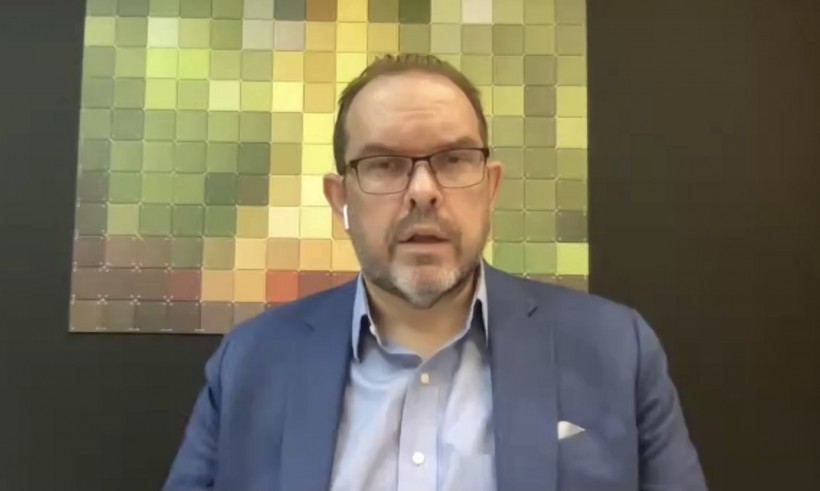A group of Atlantic Canadian entrepreneurs and business development organizations have launched a campaign for the four Atlantic provinces to create an investment tax credit bubble that would permit out-of-province investors to qualify for credits as if they were doing business in their home provinces.
Under the group’s proposal, the unified credit would still be offered only to Atlantic Canadians, but would consolidate the four provinces already-similar investment tax credit systems.
Among the idea’s advocates are startup accelerator Propel, the Atlantic Chamber of Commerce, the New Brunswick Business Council and The Order of the Wallace McCain Institute. At a Zoom event Tuesday, Bonfire Communications president Allan Gates, Propel’s Kathryn Lockhart, baked goods entrepreneur Blair Hyslop, Good Robot Brewing Company founder Angus Campbell and former Newfoundland and Labrador cabinet minister Cathy Bennett outlined their plan.
“In Atlantic Canada, we have the population of the city of Mississauga [Ontario],” said Hyslop, who co-founded Mrs. Dunster’s bakery and now employs about 225 people.
“We have four different programs that don't allow the free flow of capital. So, we should open up those floodgates and let capital flow freely between the provinces.”
Investment tax credits, which go by different names in each province, grant investors a credit worth a portion of their initial investment when they buy into a company. The programs have proven popular with angel investors.
In Nova Scotia, for example, the Innovation Equity Tax Credit allows individual investors to claim up to 35 percent of an investment -- 45 percent if they invest in a biotech or bluetech company. The annaul cap is $250,000 of investments.
The group argues in a white paper that creating a unified credit system extending across provincial borders would allow startups to better access very early-stage capital, encouraging economic growth and ultimately resulting in more tax revenue for governments.
In its annual Atlantic Canadian Startup Data reports, Entrevestor has shown that angel funding has had some weak years and some strong years in the recent past. Last year, the region’s startups raised $27.3 million of angel capital -- an increase from 2019’s anemic $21.9 million.
Organizations like the Atlantic Canada Opportunities Agency and the National Research Council of Canada's Industrial Research Assistance Program offer grants and loans of similar size to typical angel deals.
But Gates said during the online event that he worries the innovation ecosystem could be overly reliant on grant money.
“You have people that are kind of ‘grantrepreneurs,’ that are kind of lurching from one grant to another to fund their business,” he said. “And that's not really ideal.”
Good Robot’s Campbell added that he has raised capital five times, and each time, a lack of Atlantic Canadian angels forced him to look elsewhere in Canada for backers. He believes a tax credit bubble would encourage more investment from Atlantic Canadians and increase startups’ access to local funding.
“Could I have raised all of those funds faster if there was a regional, consistent program throughout all of our Atlantic provinces? Absolutely,” said Campbell. “I could have raised more faster. ... In all of those instances, those five raises, I did have to reach outside the Nova Scotia borders.
“I don't think that's what we're trying to do, as a region. We're trying to build up our region. But when push comes to shove, and you need to get that expansion built or that startup off the ground because you're running out of runway, you need to make those hard decisions.”
Hyslop said that New Brunswick Premier Blaine Higgs has agreed to advocate for the group’s proposal at a gathering of the premiers later this month. If the premiers of Nova Scotia, Prince Edward Island and Newfoundland and Labrador buy in, the group hopes the federal government will “backstop” a unified tax credit program against short-term losses in tax revenue.
He added that the group is asking Atlantic businesspeople to sign a petition supporting a tax bubble, in what he said is an attempt to “fly political air cover for the four premiers.” He hopes to collect 2,000 signatures.
“We're not creating a new piece of policy that has never been tested before,” said former cabinet minister Bennett. “And it's not going to give us a competitive edge. This is really just going to level the playing field a little bit with other jurisdictions that we compete with in Canada for capital.”










